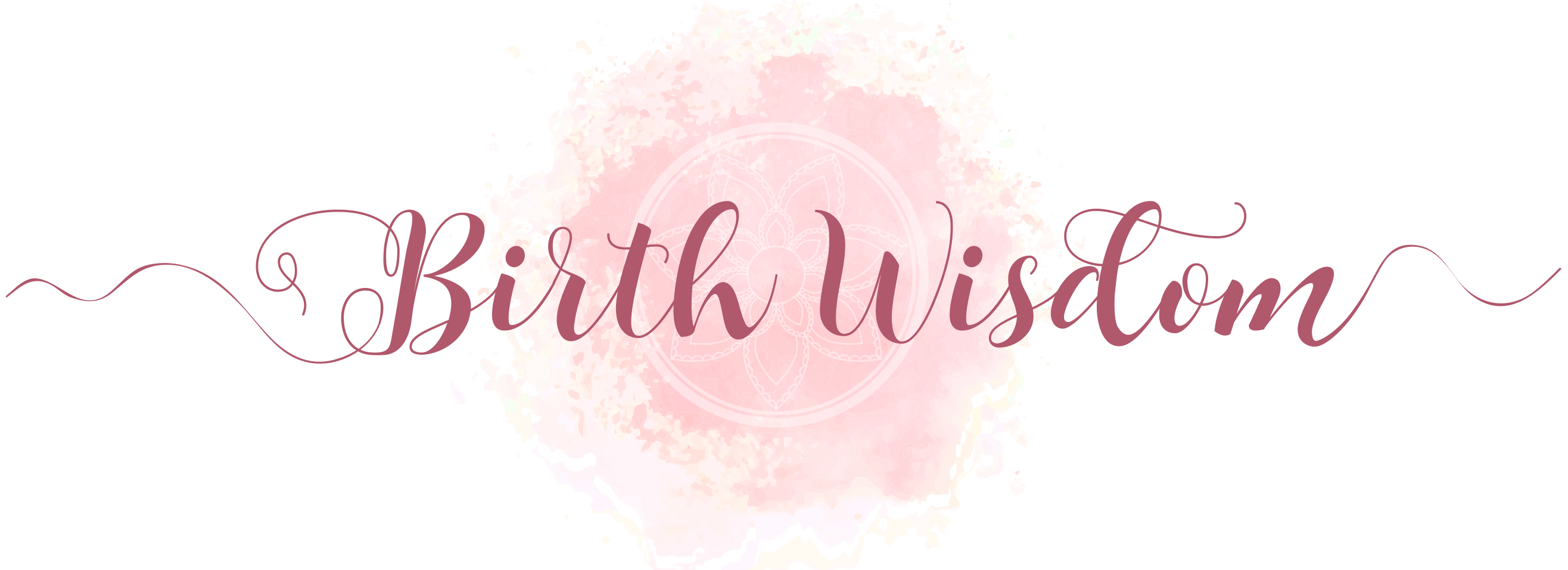So much to remember but these essentials should be on your short list:
– Wash cloth (for wiping face and relieving thirst) ![]()
– Lip balm to prevent dried/chapped lips whilst breathing heavily![]()
– CD player with soothing music and courage music![]()
– Video camera, Camera, film, flash ![]()
– Snacks, drinks, ice chips, cooler, sandwiches ![]()
– Something to focus on during contractions![]()
– Beanie bag or sock filled with brown rice to warm up in microwave for lower back or belly pain ![]()
– Rescue remedy for shock and trauma ![]()
– Something to wear:
During labor![]()
During delivery![]()
On trip home![]()
– Nightgowns, robe, slippers ![]()
– Bra’s (nursing) ![]()
– Disposable panties for the first few days after birth ![]()
– Heavy socks ![]()
– Baby clothes ![]()
– Baby book – for foot prints, etc. ![]()
– Doula … ahh…![]()
– Midwife … ummm…![]()
Well most new parents have a list similar to this with a whole lot more too. There are very few that consider the doula or the midwife an essential part of giving birth.
Here’s a little look at the difference between maternity caregivers.
A midwife provides personalised and supportive care during natural childbirth. She is trained and qualified to assist in any possible complications that may arise in childbirth and she can take preventative as well as emergency measures to ensure safety for all. Since she is usually with women in natural childbirth her experience is wide and varied and to some extent far superior to that of an obstetrician because she has to deal with the unexpected situations that could crop up suddenly.
An obstetrician is trained and qualified in high care obstetrics and is an invaluable resource when there are known complications or problems. Women who are high risk usually birth with obstetricians since they are experienced in this kind of management. It is understandable that since these specialised doctors (because this is what they are – specialised in obstetrics) see so many complications in their practice that they become less trusting of the natural process. They are on the lookout for any possible or probable problems that may occur thus in some occasions they produce the very thing they wish to avoid – a complication. If you are healthy and having an uncomplicated pregnancy you should be looking for a midwife to deliver your baby.
A doula, on the other hand is someone who is trained to support (as if women need training for this sort of thing, it comes naturally) labouring women. They do not provide any medical support even though they have an educated understanding of what is happening. The doulas role is strictly for the parents support, emotionally, physically and psychologically. A doula can complement a birth with a midwife as well as with an obstetrician. She is adaptable that way! I like to think of the doula as someone who bridges the gap between the medical world and the parents reality.
So whatever your decision is, having a doula at your birth kind of gives you the best of all worlds!
